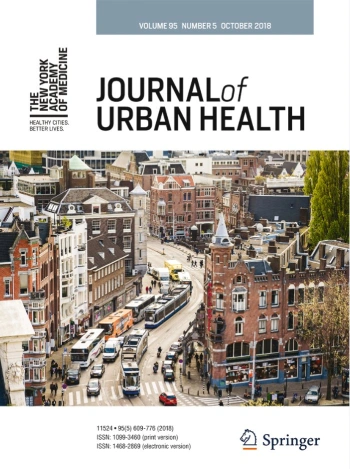Association between childhood maltreatment and depressive and anxiety symptoms among men who have sex with men in Los Angeles
By David A. Wiss, Michael L. Prelip, Dawn M. Upchurch, Ondine S. von Ehrenstein, A. Janet Tomiyama, Pamina M. Gorbach, & Steven J. Shoptaw

Childhood maltreatment ACEs, particularly childhood sexual abuse, are salient predictors of depressive and anxiety symptoms among adult urban MSM. Mitigating the impact of childhood maltreatment requires understanding the additional burden of social distress often faced by MSM throughout the life course.
Subscribe for weekly insights and research exploring the link between nutrition & mental health.
Abstract
Adverse childhood experiences (ACEs) have been associated with poor mental health outcomes in adulthood. Childhood maltreatment is related to both depressive and anxiety symptoms.
Our objective was to investigate these associations among low-income, mostly Black and Latino men who have sex with men (MSM), as these may be a particularly vulnerable population group. Data come from a longitudinal study of MSM with varied substance use behaviors (n = 321) collected between August 2014 and April 2022.
Cumulative, childhood maltreatment ACEs, and the single ACE of childhood sexual abuse were investigated as potential predictors of self-reported depressive and anxiety symptoms in mixed-effects logistic and ordinal regression models.
There was no evidence of a dose-response relationship between the number of ACEs and the predicted probability of depressive and anxiety symptoms. Compared to MSM reporting fewer than five ACEs, those with five or more ACEs had approximately double the odds ratio of reporting depressive (OR = 1.93; 95% CI: 1.04–3.60) and anxiety symptoms (OR = 2.21; 95% CI: 1.05–4.68). The dimension of childhood maltreatment had a more robust prediction of depressive symptoms than the dimension of household dysfunction across all models. The association between childhood sexual abuse history and depressive symptoms remained after adjustment for the other nine ACEs (OR = 2.27; 95% CI: 1.11–4.68). The ordinal logistic model suggested that cumulative ACEs more than triple the odds of being in a higher anxiety category (OR = 3.12; 95% CI: 1.58–6.14), with associations reported for childhood maltreatment ACEs (OR = 1.31; 95% CI: 1.06–1.66) and childhood sexual abuse (OR = 1.93; 95% CI: 0.89–4.21).
Childhood maltreatment ACEs, particularly childhood sexual abuse, are salient predictors of depressive and anxiety symptoms among adult urban MSM. Mitigating the impact of childhood maltreatment requires understanding the additional burden of social distress often faced by MSM throughout the life course.